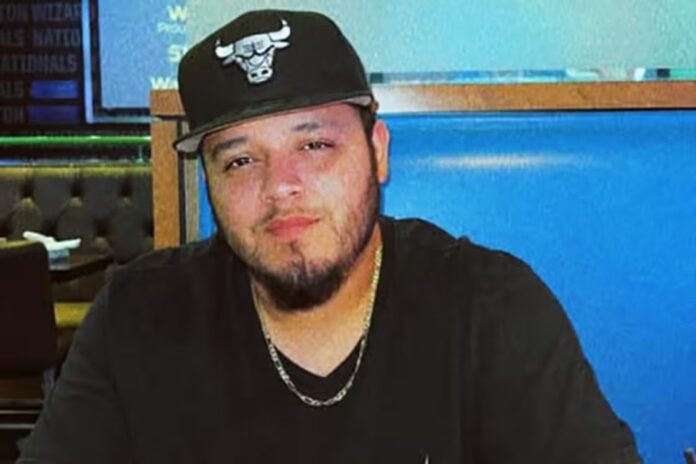The Political Fallout for Dems and Why a Federal Prosecutor Resigned Days Before the Indictment Remain Unanswered
Kilmar Abrego Garcia’s surprise return to the U.S. on federal smuggling charges was hailed by Donald Trump as a major win for his administration. The announcement redirected headlines away from recent legal defeats—most notably, a unanimous Supreme Court decision limiting Trump’s ability to deport individuals without judicial oversight.
But the case is far from routine. The 29-year-old Abrego Garcia stands accused of running a nine-year human smuggling operation moving thousands of undocumented immigrants—including children—across state lines. Prosecutors also allege he transported drugs and firearms, abused women during transit, and was tied to a deadly crash in Mexico that killed 50 migrants.
Trump called the indictment “easy to convict,” while his Attorney General, Pam Bondi, said the return of Abrego Garcia marked the difference “now that Donald Trump is president again.”
Democrats Caught in the Political Crossfire
The indictment also puts some Democrats in a tough spot. For months, Abrego Garcia’s supporters, including his wife and some Democratic lawmakers, pushed back on MS-13 claims, painting him as a Maryland-based construction worker wrongfully targeted by ICE.
But prosecutors say that when he was stopped in Tennessee in late 2022, he lied to police about his passengers—nine undocumented Hispanic men with no ID or luggage. The SUV had no tools, and data showed it hadn’t been near St. Louis, contradicting Abrego Garcia’s claim they were returning from a job there.
Trump quickly seized the moment to attack Sen. Chris Van Hollen (D-Md.), who had previously criticized Trump’s attempt to deport Abrego Garcia without a judge’s approval. “He’s trying to defend a man with a horrible record of abuse,” Trump said. Van Hollen stood by his constitutional concerns, saying, “I will never apologize for defending the Constitution.”
DOJ Shake-Up Adds to the Mystery
One of the biggest unknowns surrounding the case is why Ben Schrader, a longtime federal prosecutor in Tennessee, resigned just days after the indictment was filed. Schrader had been the head of the criminal division at the U.S. Attorney’s Office in Nashville and offered no explanation beyond a cryptic two-word response: “No comment.”
Legal observers have taken note. One former senior DOJ official said the case felt politically charged. “They came hard at a relatively low-level guy,” the source said. “You usually work up the chain—not down it.” The former official added that Bondi often sounds more like a campaign surrogate than an impartial attorney general.
Bondi’s Unorthodox Press Briefing Raises Eyebrows
During a Friday press conference, Bondi publicly described allegations not listed in the formal indictment—including accusations that Abrego Garcia solicited nude images from a minor and was linked to a gang murder. Prosecutors typically avoid discussing uncharged conduct to prevent biasing the public and preserving a fair trial.
A former Justice Department veteran criticized the move, calling Bondi’s remarks “partisan” and “unprofessional.” “She says the president’s name every time. She’s acting more like a Trump spokesperson than the top law enforcement officer,” they said.
El Salvador Flip-Flop Fuels Confusion
The case also casts a spotlight on foreign relations. In April, Trump and Bondi claimed El Salvador wouldn’t cooperate in returning Abrego Garcia, with Salvadoran President Nayib Bukele mocking the suggestion. Yet by June, Bondi praised Bukele’s cooperation, claiming the transfer was “smooth and seamless.”
“What changed?” she was asked. Her answer: “Donald Trump is now president of the United States.”
More Questions Than Answers
As the case unfolds, key questions remain. What drove the sudden resignation of a top DOJ official? Why were unindicted allegations shared in a public setting? And will Democrats who previously criticized the handling of Abrego Garcia now face political backlash?
What’s clear is that the case is more than a criminal indictment—it’s a litmus test for how far politics has bled into the justice system under Trump’s second term.








